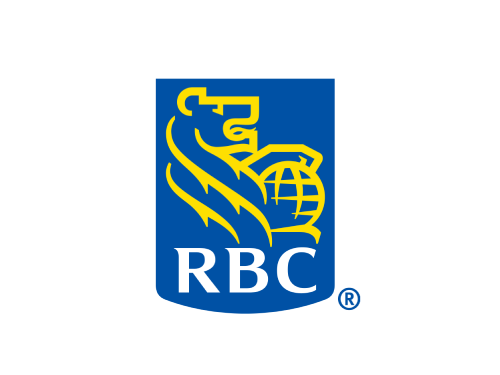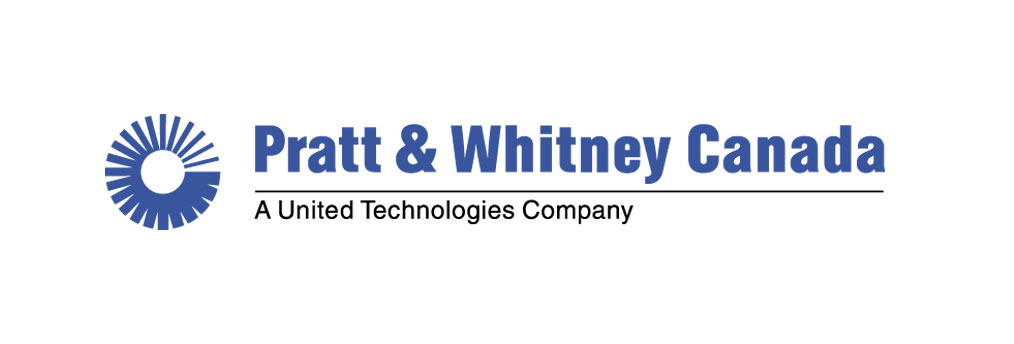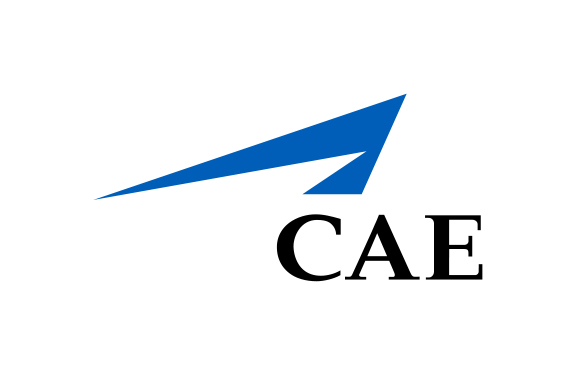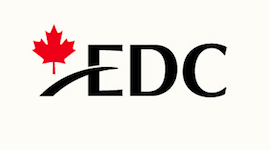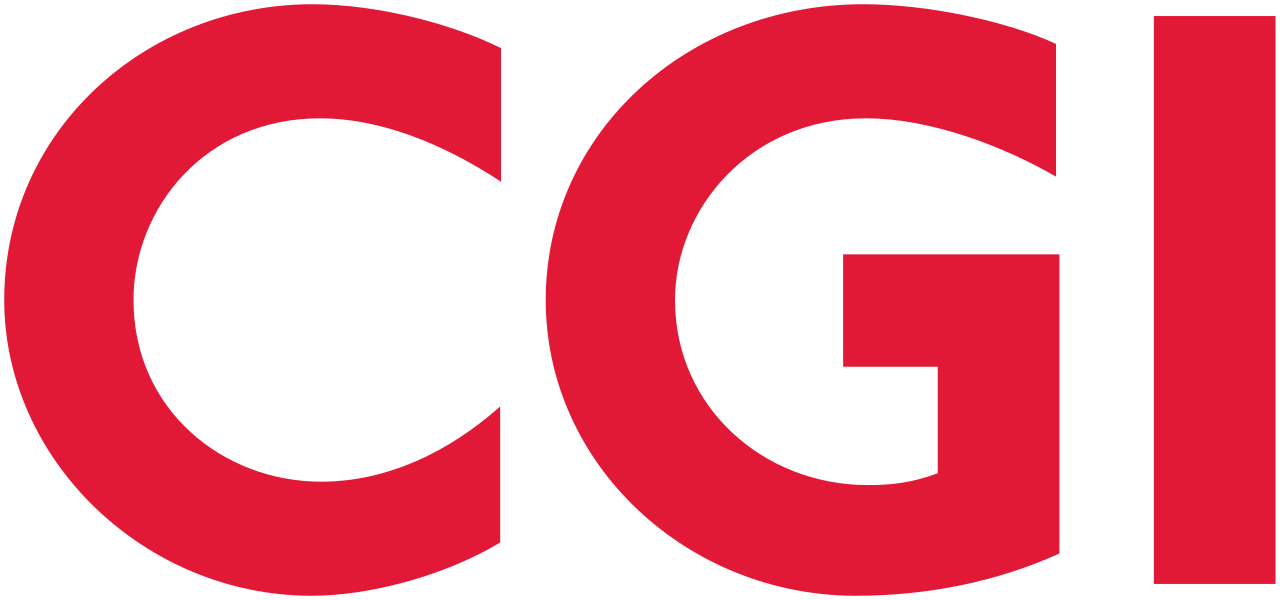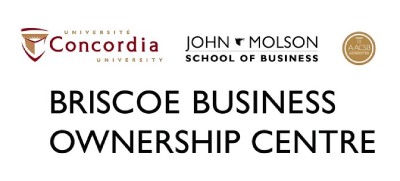Concordia finishes first in Quebec in Case Competition
by Jean-Rene Ello
Concordia University’s entry in the 10th National MBA Case Competition was the top Quebec team, finishing fourth overall, behind two-time first-place winner Memorial University of Newfoundland.
The first-place team was awarded a $2,000 scholarship and the Concordia Cup trophy. The University of Saskatchewan and the University of Toronto placed second and third, respectively. Concordia lost one match to the U of T.
“It was gruelling work,” said Concordia team member Bruce Herscovici. “Our team worked very hard and though we were a bit disappointed we didn’t make the finals, we were very happy with our overall performance.”
The three-day, event held at le Grand Hotel, welcomed 18 graduate business schools from across the country, both French and English, from Newfoundland to Saskatchewan. Competition co-organizer Allan Benchetrit said the students take the competition seriously, especially because it is so highly regarded by the business community.
[img_assist|nid=743|title=|desc=The best MBA Case team in Quebec consists of (left to right) Joanne Gariepy, Giuliana Minardi, Brian Hanson and Bruce Hercovici. (photo: Barbara Davidson)|link=none|align=left|width=640|height=410]
“The students put in 15-hour work days,” said Benchetrit. “This wasn’t some huge party. There’s no time to fool around.”
He added: “With high-placed corporate executives, such as vice-presidents, attending the competition, it’s also a chance for students to make an impression on people who might be looking for that certain recruit.”
Herscovici and his team woke up at 6:30 a.m. to tackle the cases that lay ahead. “You wonder what type of case you’ll get. Then you become engrossed in studying the case you do get. Many times you don’t notice what’s going on around you,” he said.
On the first day of the round-robin tournament, each team of four students was presented with the same business policy case: a 20- to 30-page problem for which the students must recommend solutions. Teams have three hours to plan a strategy which they present to a panel of judges.
This year, the judges came from various business backgrounds, ranging from business consultants to vice-presidents and chief executive officers of large corporations. In the final stage of competition, three teams remain to battle it out for the national championship.
“Not one team dominated the competition this year and we had to wait until the last day to find out who the finalists would be,” said co-organizer Valerie La Traverse. “Anticipation and excitement were very high on the final night.”
Concordia hosted the first Case Competition in 1982, with five universities and 20 judges taking part. This year, more than 100 judges, 60 volunteers and 18 universities attended. Benchetrit said although the competition has gained momentum over the years, it has not lost sight of its original goal.
“We’re trying to bring the boardroom situation into a classroom environment,” said Benchetrit. “It was a great chance for students to strengthen ties with the business community and at the same time, show what they’ve learned, refine their skills and compete with fellow students from all over the country.”
A select group of second-year MBA students from Concordia will begin to train for next year’s competition, hoping to reach the elusive top spot. La Traverse said that next year’s Case Competition will be somewhat different.
“In conjunction with Montreal’s 350th anniversary, we hope to make the competition international,” she said. “There are plans to bring MBA students from other countries to participate.”
La Traverse noted that the participants’ enthusiasm played a big role in making this year’s competition a huge success. “The judges enjoyed themselves and many want to come back next year. Attendance was very high so that in many cases, it was standing room only. Most of all, the students enjoyed participating in a competitive yet friendly atmosphere. That’s really what the Case Competition is about.”







